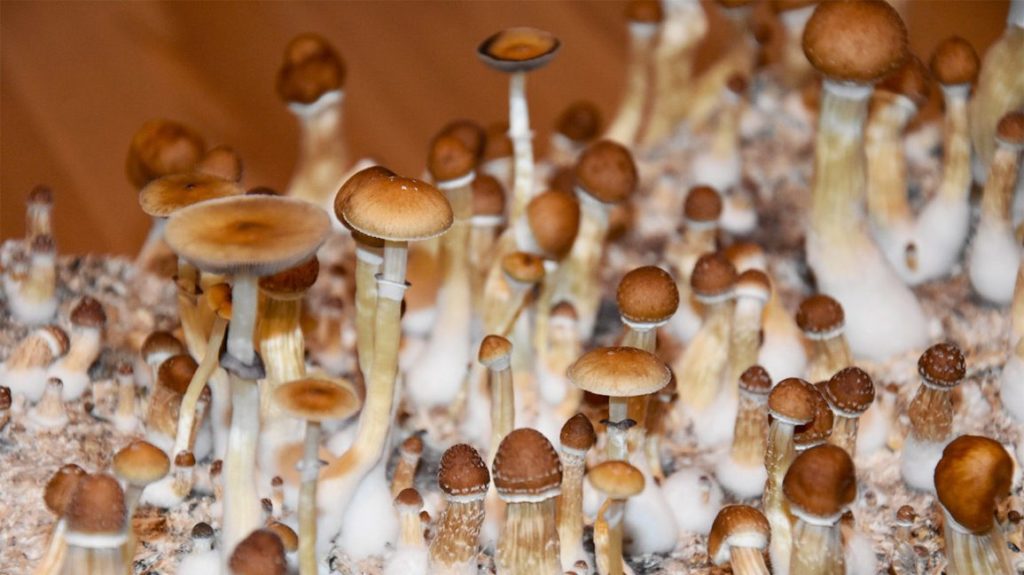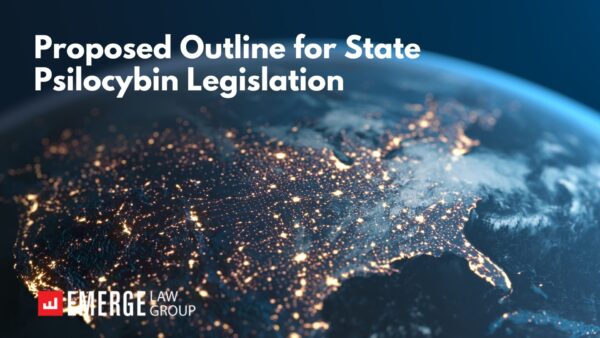On Friday, 7/23, Petitioners filed their Reply Brief with the Ninth Circuit Court of Appeals in AIMS et al v DEA. This concludes the briefing. The next event will be the oral argument/hearing on 9/2/21.
The full brief can be accessed here https://bit.ly/3rtVagW. Petitioners’ Reply rebuts DOJ’s attempt to avoid judicial review, refuting the contention that there is insufficient finality to the DEA’s action taken in response to AIMS’ query how DEA would accommodate RTT.
- Agencies often take ‘final agency action’ in the form of a letter, as was the case here.
- The official who responded to AIMS’ inquiry, DEA’s Deputy Assistant Administrator of Diversion Control Division, was an official with delegated authority to speak for the agency and did so.
On the merits, Petitioners’ Reply points out that the RTT amends the FDCA, which has primacy over the CSA in case of conflict. Accordingly, DEA must accommodate RTT.
- DEA has impermissibly construed the CSA to “supersede the provisions of the [FDCA],” which is precisely the opposite of what § 902 commands.
- DEA cannot construe the CSA—and its restrictions on schedule I drugs specifically—as forbidding RTT use under the FDCA
- Because DEA does not and cannot regulate medical practice, it must accommodate RTT use (note: the DC Cir just ruled in an important case on this point earlier this month, restating established precedent forbidding agency overreach into medical practice)
- DEA can, in its discretion, impose controls to prevent diversion
- RTT is a unique single-subject statute that carves out a “niche” within the FDCA to sweep aside federal obstacles to therapeutic use of certain investigational drugs
- Section 902 makes clear that in the event of an interpretive conflict, the CSA must yield.
- DEA’s statement in its brief that “application of the CSA to restrict the use of psilocybin by patients with life-threatening conditions furthers the CSA’s main objectives ‘to conquer drug abuse and to control the legitimate and illegitimate traffic in controlled substances’ is patently ludicrous. Dying patients seek access to psilocybin therapy not for illicit drug abuse purposes but to obtain relief from debilitating depression and anxiety, seeking to achieve peace and comfort in their final days.




